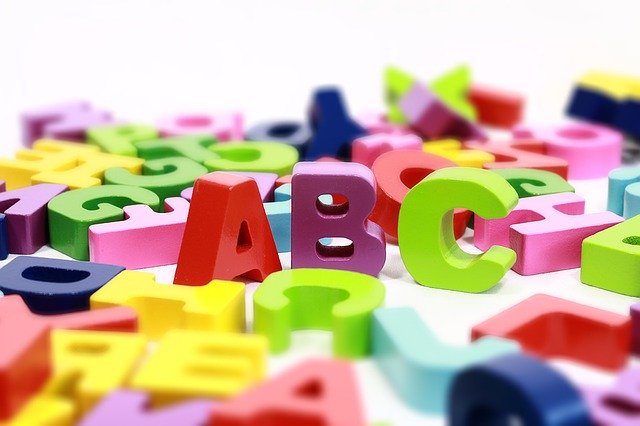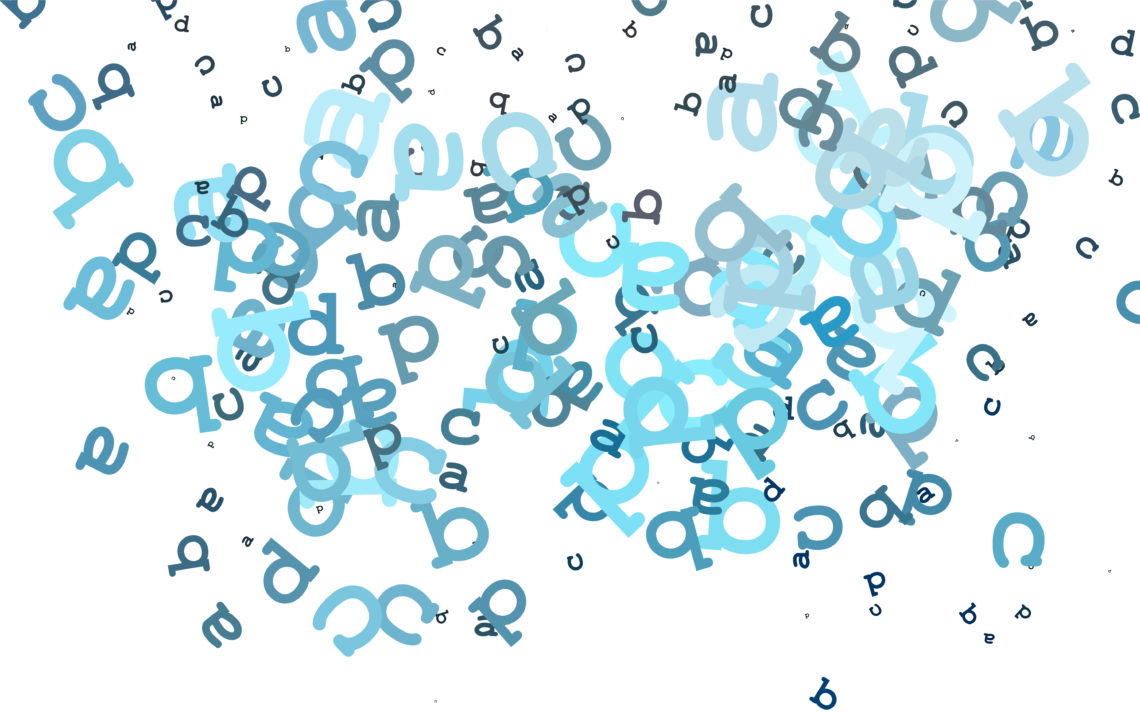The reading world was recently rocked by an article from esteemed reporter, Emily Hanford. The longtime maven of whole language, Lucy Calkins, admitted she needed to change her Units of Study after decades of context clues, guessing at words, picture walks, and dismissing the science of reading. Of course, Calkins promptly responded with a statement that essentially tried to take credit for always being a phonics-minded practitioner (despite a great deal of evidence to the contrary). When you look at the latest NAEP data, the influence of decades of whole language-oriented instruction being the dominant pedagogy in the United States is readily apparent. According to this new data, roughly 63%…
- Balanced Literacy, Decoding, Dyslexia, Ed School, Fluency, Learning Disabilities, NAEP, Phonemic Awareness, Phonics, Precision Teaching, Reading Instruction, Reading Wars, Science of Reading, Teacher Training, Whole Language
-
The Misunderstanding that Sparked the Reading Wars
I just finished reading Anthony Pedriana’s Leaving Johnny Behind, an enormously important and under-appreciated book that I discovered by chance, thanks to a post on Facebook. (Social media certainly does serve a purpose other than being a black hole of procrastination from time to time!) The author is a retired teacher and principal who, quite by chance, found himself at the center of the reading wars: in an attempt to boost the reading performance of a class that was falling behind, Pedriana went against everything he had been taught and permitted one of the teachers in his school to implement a scripted reading program for a single short lesson each day.…
- Decoding, Dyslexia, Fluency, Learning Disabilities, Lucy Calkins, Phonemic Awareness, Phonics, Precision Teaching, Reading Instruction, Reading Workshop, Science of Reading, Teacher Training, Three Cueing System, Whole Language
A Child is Not a Mollusk
In some sense, without evidence-based instruction, a child could be more like a mollusk in that they will withdraw from the learning process and build a shell to protect themselves from the emotional anguish of feeling less-than in the classroom.
-
Forget Sourdough Bread – My Pandemic Project is Precision Teaching!
Some learned to bake sourdough bread. Some took on home improvement projects. However, when it came time for me to choose a pandemic project, I decided to be a precision teacher. Unfortunately, it is not Instagram friendly, so I will simply write about it. Let me introduce myself. I am a seasoned teacher with thirteen years in the NYC public school system with licenses in French and ESL. In fact, according to the NYC ratings system devised by the infamous Charlotte Danielson, I am even considered a highly effective teacher. I have also had skin in the game long enough to watch the DOE follow many fads, particularly the fad of big data.…
- Decoding, Dyslexia, Fluency, Learning Disabilities, Phonemic Awareness, Phonics, Precision Teaching, Reading Instruction, Science of Reading, Teacher Training, Uncategorized, Whole Language
Of Fluency and Fritters
t’s been clear for a long time that something is very wrong with the way reading is taught, but if we genuinely want things to change, we need to take a hard look at what actually works—and building fluency beyond a doubt does so. We owe it to students to get this right: their success in high school and beyond depends on it.
- Decoding, Dyslexia, Fluency, Phonemic Awareness, Phonics, Reading Instruction, Sight Words, Three Cueing System, Whole Language
Tipping The Scale on Fountas & Pinnell
Fountas and Pinnell, as well as other balanced literacy programs, places a great deal of emphasis on this guided approach to reading and group work because, fundamentally, they see reading as a social activity, rather than an individual’s ability to decode text, something that happens in the confines of the brain in the reading circuit.
-
Phonology, Phonemes, and Phonics
Phonology Phonology is the system of speech sounds that make up a language. Phonological awareness is the ability to recognize and distinguish between sounds in a language. It involves hearing only. It allows people to do the following: Count words in a sentence Count syllables in a word Identify rhymes Identify the sounds in a word Manipulate sounds (e.g., replace the “g” in got with an “n”). Phonological awareness has different levels. For example, counting the words in a sentence and identifying rhymes requires a lower level of phonological awareness, whereas counting the syllables in a word requires a higher level. Identifying sounds in a word and manipulating (adding to or deleting) those sounds…
-
10 Signs of a Decoding Problem
Written English is a code in which letters and groups of letters are used to stand for sounds, and to be able to read, children must learn to break it—literally, to de-code it. Although skilled reading involves many factors, decoding ability is the foundation on which it rests; after all, it is impossible to pay attention to meaning unless one knows what the words say! The following list is intended to indicate some key warnings signs that may indicate a decoding problem. It is not, however, intended to be used a source for any particular diagnosis. Keep in mind that children learn to read at varying rates, and that some…
-
What Does It Mean to Be “Phonetic”?
One of the most common justifications for not teaching reading as a code in which letters correspond to sounds is that written English contains too many exceptions, and that attempting to teach them all will only lead to confusion. In reality, however, the vast majority of English words are spelled phonetically (50%) or contain only one irregular sound, usually a vowel (36%). (Research also indicates that children can often infer the identities of many common words with slightly irregular misspellings.) I recently posted these statistics on Facebook and received a predictably snarky response of “How many perfectly phonetic words are in this post?” as if the point of the post…
-
Names, Places, and… Phonics
For as long as I can remember, people have mangled my last name: “Metzler”, “Metzer,” “Metzger,” “Meltzler”… I’ve gotten them all. And if they don’t want to mispronounce it, they usually ask me to say it for them—an understandable request, but also one that always struck me as a little odd because “Meltzer” (MELT-zer) is perfectly phonetic. The question of stressed syllables aside, there is only one way it could be pronounced. Curiously, I never thought about the connection between this phenomenon and phonics until very recently (yesterday, to be exact), but now that the thought has wormed its way into my brain, I’m convinced there’s something there. Not long…









